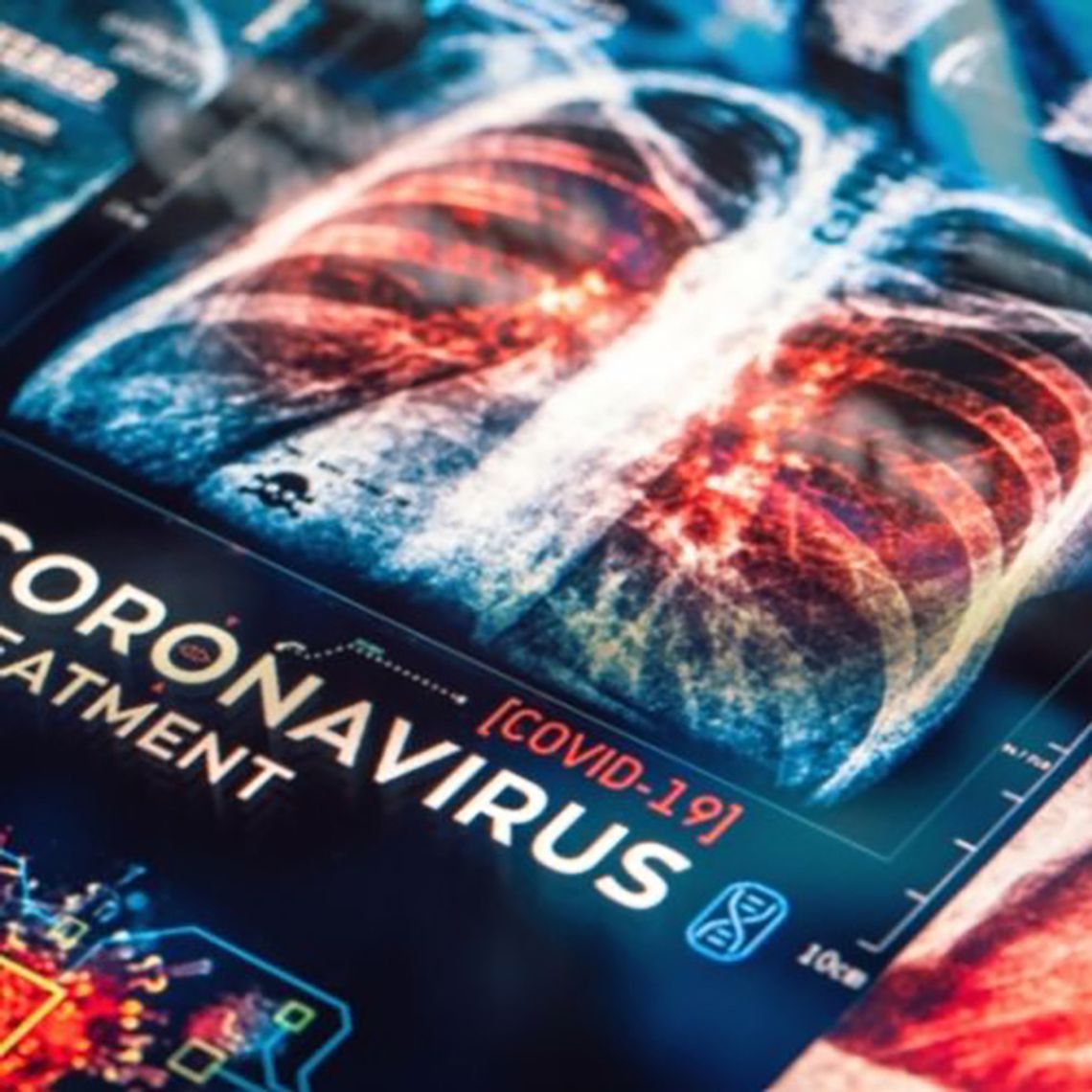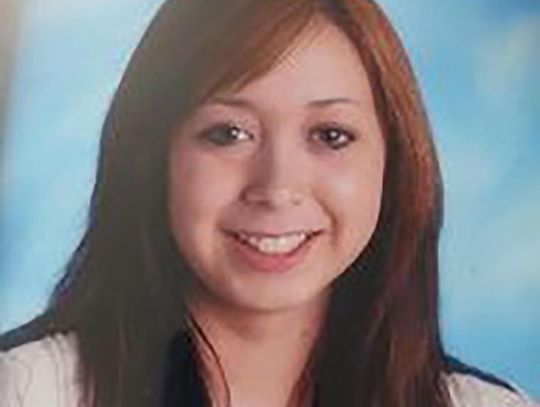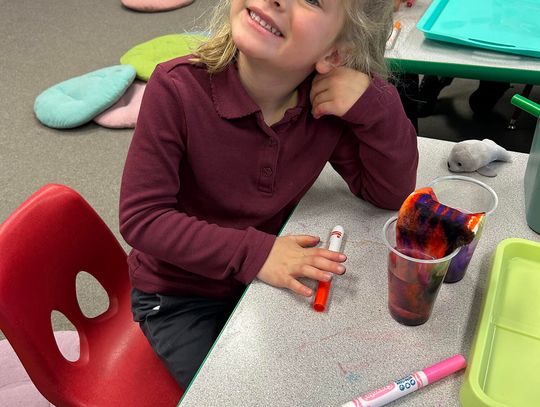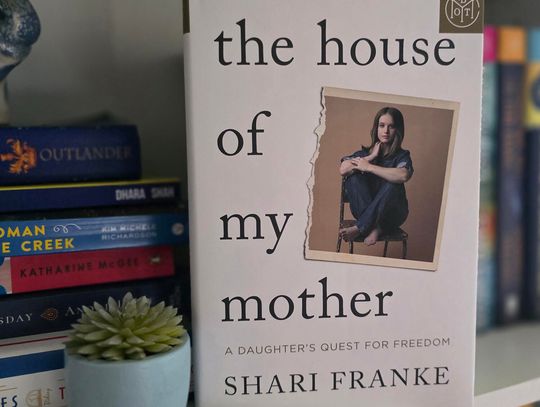The chances of contracting COVID-19 are high. In fact, most of us have either experienced COVID or have a close family member or friend who has. Sadly, too many people have lost their lives to the virus and its potentially devastating impacts on the body. This includes older adults with fragile immune systems, younger and otherwise seemingly healthy individuals, and even young people. Like virtually every other community in the country, Fallon has had its fair share of the illness. Now, a few residents are speaking out to help others in the community who find themselves ill with COVID or caring for someone the virus has infected.
Thankfully, many individuals experience few, if any, coronavirus symptoms. Others report something akin to the “worse flu-type illness” they have ever had. While it appears that the virus impacts everyone differently, few of those hit hard by it can say they were prepared for it once it arrived.
However, there are steps to take to protect yourself and your loved ones.
Becky and Doug Schelling both had COVID last December. They believe that the information that the doctor gave them was partly responsible for saving Doug’s life. The Schellings, along with others like Carol Johnson, reached out to The Fallon Post to share some things that people should do if they have COVID. They believe that these things can help others recover and hopefully prevent an emergency room visit, especially when hospitals and medical staff are overloaded. The doctor’s advice included:
Get a pulse oximeter to test oxygen.
According to the CDC, many people with COVID-19 have low oxygen levels. However, not everyone with a low oxygen level will have difficulty breathing, so you must regularly monitor the percentage of oxygen in the blood. Oxygen saturation of 95 to 100 percent is normal for healthy children and adults. Warning signs of a low oxygen level include trouble breathing, confusion, difficulty waking up, and bluish lips or face. Adults may have chest pain that doesn’t go away. Call your doctor if levels drop below 95 percent (90 percent or lower oxygen levels require oxygen therapy).
Lie in a prone position.
In prone positioning, patients lie on their abdomen, which causes increased lung recruitment and improved oxygenation.
Take vitamin D.
While the CDC has stated that the research is inconclusive as to the effect of vitamin D on COVID, Harvard Medical School noted the following: “People with nutritional deficiencies should receive supplements. Zinc or vitamin D deficiencies are not rare and may contribute to poor immune function. Therefore, even without specific evidence linking supplement use with improvement among people with COVID-19, these supplements may be appropriate for those with a suspected or confirmed deficiency. For example, a person with little sun exposure and a diet low in dairy products may be likely to have vitamin D deficiency. A simple blood test can confirm or rule out a vitamin D or zinc deficiency. Vitamin D deficiency is common among many individuals that contract COVID. Follow usage guidelines.
Keep moving around.
Many lung specialists are now saying that it is vital to get up, stretch, breathe deeply, and get your lungs as full of as much air as you can — even though it hurts. According to one pulmonologist, microscopic air sacs in the lungs — alveoli — do much of the respiratory system’s work. In a patient with COVID-19, these air sacs can become inflamed or filled with fluid, leading to shortness of breath and possibly dangerously low oxygen levels. To help your lungs, get up and move. Anytime you spend extended time in bed, or the couch, or the recliner, some of the air sacs in your lungs shut down temporarily. If you have COVID-19, damage from the virus combines with this natural process to limit the amount of air your lungs can take in, perhaps dangerously so. One way to counteract this attack on your air sacs is to get more of them working, said William O. Lacy, M.D., a pulmonologist with Norton Pulmonary Specialists.
Anyone who suspects they might have COVID should obtain a test immediately. Also, health care professionals are finding the at-home COVID-19 tests are pretty accurate.
The goal for Johnson and the Schellings is to save lives, “We are hoping by doing this that less people will be getting seriously ill and plugging up the hospital and hopefully will save some lives if people know what to do and when to be concerned,” said Johnson.
Personal Experience:
For those who are not aware of my situation, my boyfriend, Jeff, contracted Covid-19 on July 26th. A few days later, I tested positive for Covid as well. My experience versus Jeff’s experience was completely different, and I think it’s important for people to know how it can affect people differently. Hindsight is 20/20, if I had known more, I would have taken Jeff to the hospital 4-5 days before I did, and maybe his current outcome would not be so grim.
If you or a loved one contract Covid-19, here is what to look out for based on my experience:
Immediately go to Walgreens or your nearest pharmacy and buy a pulse oximeter. This is important because when you are sick with Covid, you are unaware that your oxygen levels are desaturating. Jeff continued to report that he felt that he could breathe fine, but when I finally called an ambulance, his oxygen levels were in the 50s. Normal is 93 percent and above. The only reason I thought to call an ambulance was that Jeff was turning blue. He continued to report that he felt like he could breathe.
Jeff developed a dry cough which was seemingly harmless. It did not sound like it was in his lungs. He reported it as just annoying. I was not concerned either because it sounded to me like it was just in his throat. This cough, I later found out, was a sign/symptom of Covid Pneumonia.
If you get diagnosed with Covid, you must move around. No matter how terrible you feel, you need to get up and do something. Complete your regular house chores such as water flowers, putting away dishes, picking up dog poop, or whatever… the point is to move. I kept moving, and Jeff didn’t. He laid on the couch on his back for two weeks, and we found out later that was a big no-no. I honestly feel that the difference in how he and I convalesced determined the differences in outcomes.
Do not lay solely on your back. You need to lay on one side and then move to the other side. Try everything you can to tolerate lying on your stomach. This position will allow for better expansion of the lungs and ultimately can lead to better oxygenation.
And finally, I think I was under the impression that we would both be fine because neither of us had any comorbidities. In fact, Jeff was extremely fit. He spent his free time exercising, not to mention that his full-time job was very physically demanding. The take-home point here is don’t be fooled by how fit or young you are; this virus does not discriminate. Jeff and I were not vaccinated. Like so many other Americans, we questioned the safety of this vaccine. We felt concerned about how fast the vaccine was approved. However, politics aside, get vaccinated. After spending three weeks in the ICU with Jeff, it is clear as day – the people that are vaccinated are not as severely ill. The unvaccinated people are the ones that are losing their lives. As Jeff did.
My thought in sharing this is the hope that if I can inform just one person and it changes their outcome, it will have been worth it.
Kathy McClendon








Comment
Comments